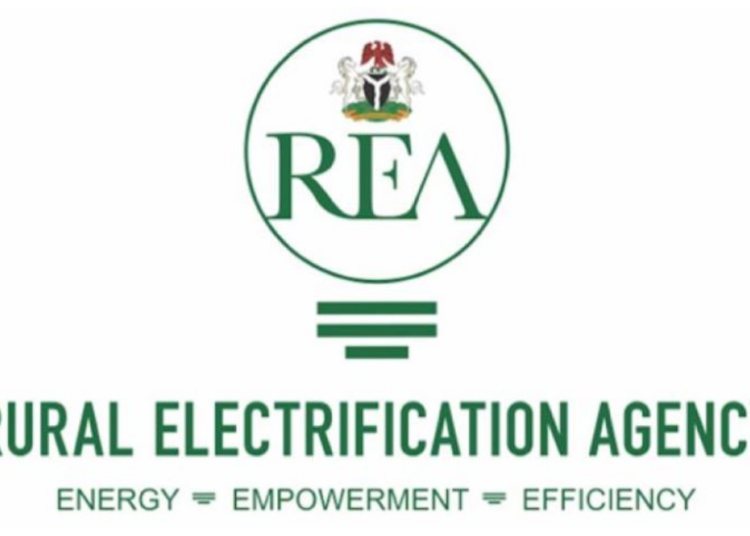The Rural Electrification Agency (REA) has signed agreements with 58 companies to award N6.4 billion in capital grants for the development of mini-grids and Solar Home Systems (SHS) under its REF Call 3 initiative. This initiative aims to unlock an additional N5.6 billion in private sector investment.
The new projects will deliver 9 megawatts of decentralised renewable energy to underserved rural communities, benefiting over 31,500 people, including households, SMEs, schools, and healthcare facilities.
The initiative is also expected to create over 6,000 direct and indirect jobs and reduce over 39,000 tonnes of carbon emissions annually.
REA Managing Director Abba Aliyu made the announcement during the “REF Call 3 Grant Award Signing Ceremony and Access to Finance (A2F) Workshop” in Abuja on Tuesday.
Aliyu disclosed that REA’s interventions in REF had so far attracted N5.8 billion in private sector investment. Represented by the Executive Director of Corporate Services, Adegboyega Ayoade, Aliyu highlighted the programme’s success, which has seen the installation of 16.6 MW of renewable energy, the creation of over 26,000 jobs, and the avoidance of 91,720 tonnes of CO2 emissions.
“Beyond these numbers lies a deeper story of transformation—16.6 MW of renewable energy capacity installed, over 26,000 jobs created, 91,720 tonnes of CO₂ emissions avoided, and N5.8 billion in private sector investment attracted,” said Aliyu.
The programme’s achievements include the deployment of 124 mini-grids, the installation of more than 25,580 Solar Home Systems (SHS), and the empowerment of 18,013 micro, small, and medium enterprises (MSMEs). Aliyu noted that these interventions have impacted 183 communities across all 36 states and the Federal Capital Territory.
He further revealed that REF Call 1, Call 2, and other flagship initiatives such as the Interconnected Mini-grid Acceleration Scheme (IMAS) and the Global Cleantech Innovation Programme (GCIP) have consistently demonstrated REA’s bold vision and strategic execution.
Executive Director of REF, Engr. Doris Uboh, provided an overview of the Rural Electrification Fund (REF) Call 3, noting it aims to provide capital subsidies of over N6.4 billion to qualified companies. The initiative is expected to attract N5.6 billion in private investment, deliver 9 MW of power, reduce over 39,000 tonnes of carbon emissions annually, and create over 6,000 jobs.
Uboh explained that the programme would serve over 31,500 beneficiaries, including households, SMEs, schools, and healthcare facilities, significantly impacting the most underserved communities.
She disclosed that the REF Call 3 was building on the successes of previous funding rounds. According to her, REF Call 1 provided N2 billion for mini-grids and solar home systems, resulting in over 24,000 connections while REF Call 2 allocated N3.9 billion to 51 mini-grid projects, delivering 3.9 MW of power and attracting N2.2 billion in private capital.
Uboh described REF as a key driver in building an inclusive and sustainable energy sector. “This is not just about electrification; it’s about building an energy ecosystem that is decentralised, decarbonised, digital, and democratic,” she said.
She added that REF is not only funding mini-grids but investing in rural prosperity, creating jobs, attracting private capital, and building sustainable businesses in previously neglected areas. To date, REF has delivered 424 mini-grids, 25,000 solar home systems, and a total capacity of 16.6 MW, energising 195,000 connections across Nigeria’s 36 states and the FCT.
Uboh emphasised the importance of sustainability in all REF projects, stating, “Every project is backed by a sustainability plan. We ensure developers remain on the ground to operate, maintain, and collect tariffs—there is zero tolerance for failed projects.”
She also reminded the companies of the operational guidelines, particularly Clause 3.2, which allows for the termination of any developer who fails to meet the required standards.
“My advice to our developers is to pay attention to every clause in the grant agreement. If you fail to meet our standards, we will enforce Clause 3.2,” Uboh concluded.





